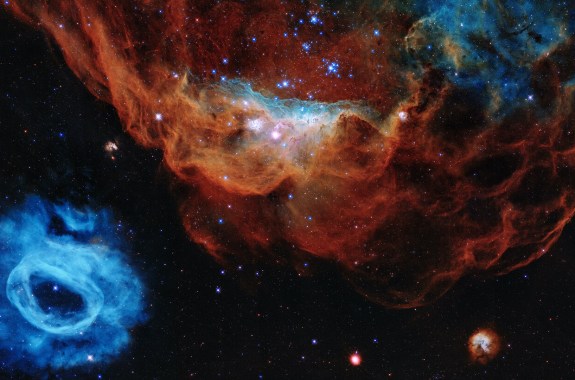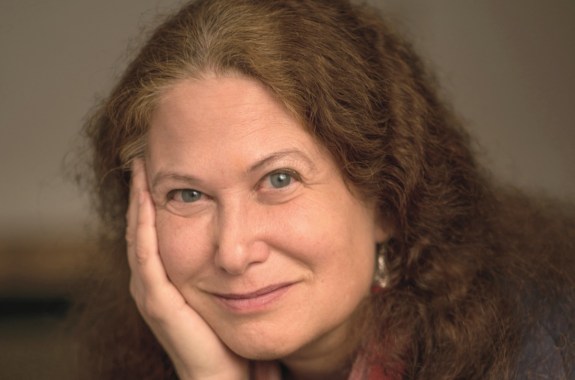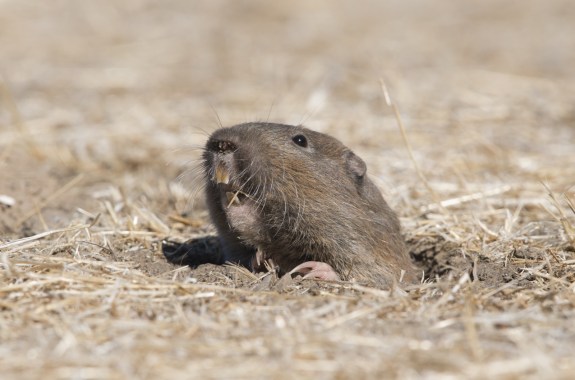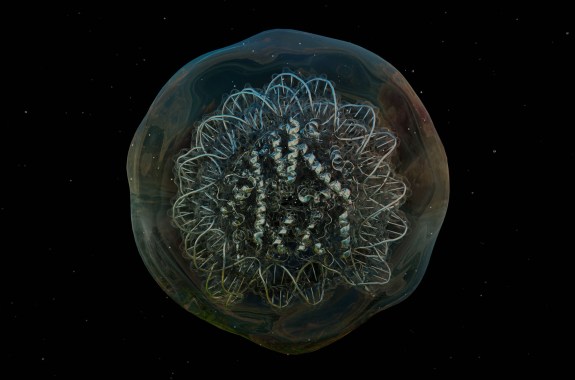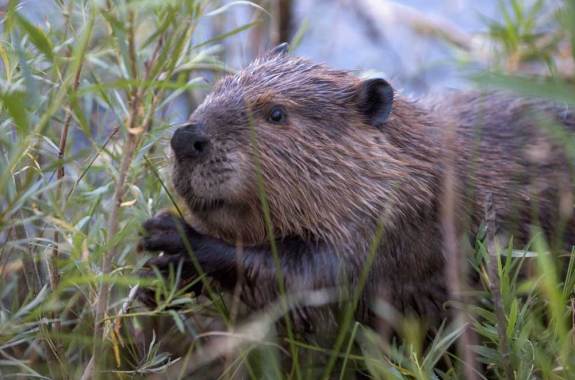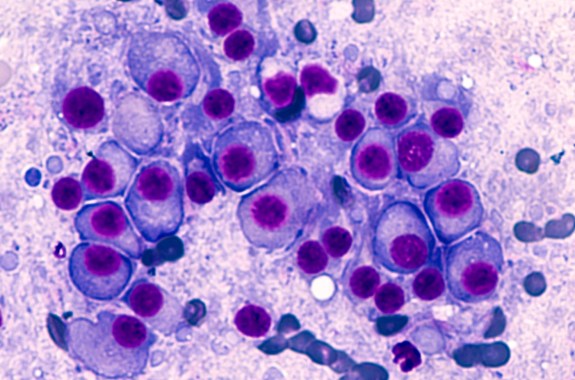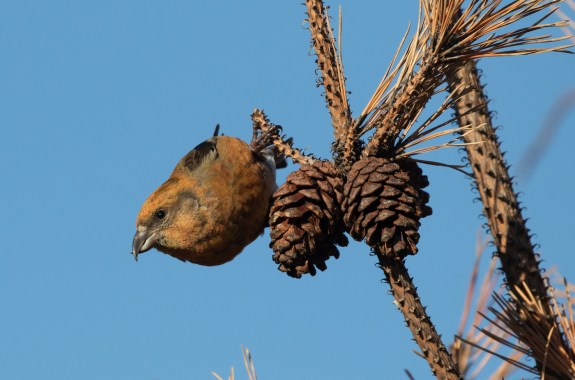Christie Taylor was a producer for Science Friday. Her days involved diligent research, too many phone calls for an introvert, and asking scientists if they have any audio of that narwhal heartbeat. She also coordinates SciFri’s coverage of science and the arts (“sciarts”).
During her undergraduate at the University of Wisconsin-Madison, Christie was almost a biology major but took a chance turn down the path of thing-explaining and realized it was the only thing she wanted to do. Since then, she’s worked as a print and online reporter, technical writer, and a science writer for a university press office.
She takes extra joy in writing interview questions about space exploration, creative research methods, and the intersection of science and society.
17:17
Our Inevitable Cosmic Apocalypse
We revisit a 2020 interview with cosmologist Katie Mack about how the universe could end. Plus, remembering psychologist Daniel Kahneman.
Meet The Comedians Bringing A Sense Of Humor To Science
How do you integrate science into standup comedy? Comedians Chuck Nice, Kasha Patel, and Kyle Marian Viterbo tell us how.
This Poet Turns To Science In Times Of Uncertainty
Poet Jane Hirshfield takes on crises both biological and human in her book “Ledger.”
10:00
What’s Going On Underground With Gophers?
How do these burrowing rodents get enough food while staying underground? Plus the case for appreciation, not extermination.
34:40
Knock Knock. Who’s There? Science!
How do you integrate science into standup comedy? Comedians Chuck Nice, Kasha Patel, and Kyle Marian Viterbo tell us how.
17:13
A DNA Map You Can Touch—Or Walk Through
What started as an inside joke has turned into a fantastical collaboration between an artist and a physicist studying DNA.
12:24
How The Humble Beaver Shaped A Continent
European settlers nearly wiped out the North American beaver. Bringing them back may soften future floods and fires.
13:12
A Promising New Treatment Emerges For Multiple Myeloma
The experimental new therapy, which showed more than 70% success in trials, could change lives for patients with the incurable blood cancer.
33:15
The Joy And Sadness Of Bird Counting
From grasslands to beaches, bird species are losing numbers in droves. Plus, celebrating the birds that are with us here and now.
11:13
Teaching Your Smart Devices To Get Along
A new standard for Internet of Things devices may smooth some of the headaches of a device-heavy smart home.
